Description
Lorlatinib: A Targeted Therapy for ALK-Positive Lung Cancer
Lorlatinib is a next-generation tyrosine kinase inhibitor (TKI) designed to treat ALK-positive non-small cell lung cancer (NSCLC). Approved by the FDA and other global health authorities, Lorlatinib has shown significant effectiveness in patients who have progressed on or are intolerant to earlier ALK inhibitors.
What Is Lorlatinib?
Lorlatinib is an oral medication that targets abnormal anaplastic lymphoma kinase (ALK) and ROS1 gene rearrangements, which are key drivers of tumor growth in certain types of lung cancer. By blocking these genetic mutations, Lorlatinib helps stop the spread of cancer cells.
Indications and Usage
Lorlatinib is indicated for the treatment of patients with:
-
ALK-positive metastatic NSCLC who have progressed on one or more prior ALK TKI therapies.
-
Patients with brain metastases, as Lorlatinib crosses the blood-brain barrier effectively.
How Does Lorlatinib Work?
Lorlatinib works by inhibiting mutated ALK and ROS1 enzymes that promote cancer cell proliferation. Unlike earlier TKIs, Lorlatinib is effective against a broad range of resistance mutations, making it a crucial option for patients who have failed prior ALK-targeted treatments such as crizotinib, alectinib, or ceritinib.
Benefits of Lorlatinib
-
Effective in resistant ALK mutations
-
Demonstrates high intracranial activity
-
Improves progression-free survival
-
Convenient oral dosage (once daily)
Dosage and Administration
The typical starting dose of Lorlatinib is 100 mg once daily, taken with or without food. It is important to follow your oncologist’s guidance and have regular monitoring due to possible side effects.
Common Side Effects
Some commonly reported side effects of Lorlatinib include:
-
Cognitive effects (such as memory or speech issues)
-
High cholesterol or triglyceride levels
-
Peripheral neuropathy
-
Edema
-
Weight gain
Important Safety Information
Patients taking Lorlatinib should be monitored for:
-
CNS effects
-
Liver function abnormalities
-
Hyperlipidemia
-
Heart rhythm changes (QT prolongation)
Always inform your healthcare provider about other medications you are taking to avoid harmful drug interactions.
Conclusion
Lorlatinib represents a powerful, targeted option for patients with ALK-positive NSCLC, especially those who have exhausted earlier lines of treatment. With its ability to penetrate the central nervous system and overcome resistance mutations, Lorlatinib offers hope for prolonged disease control and improved quality of life.

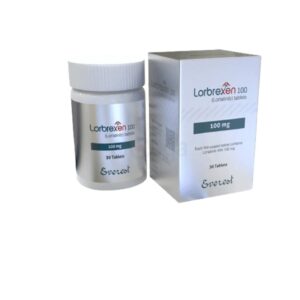
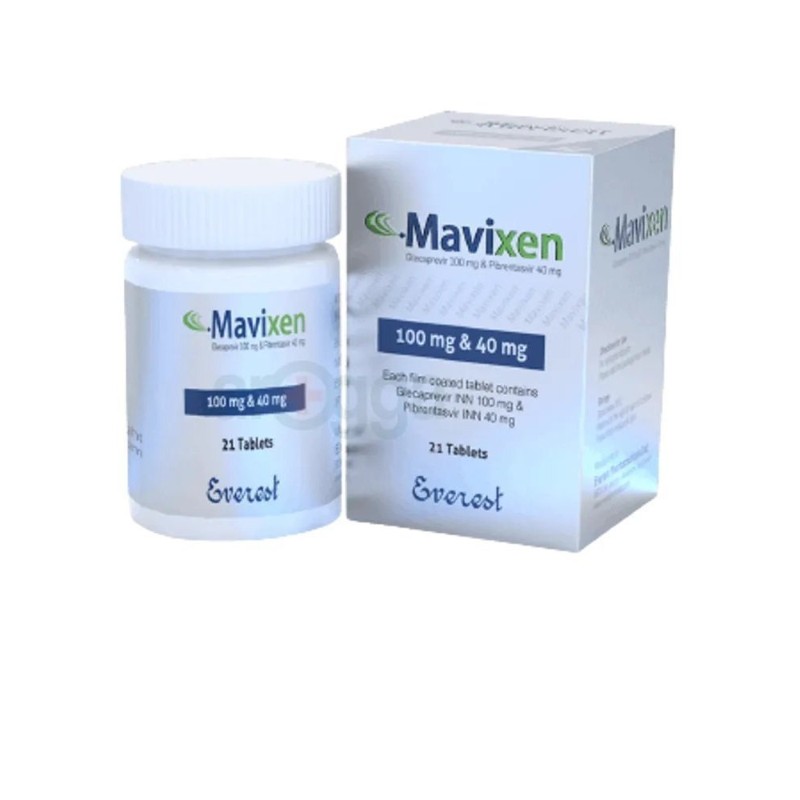
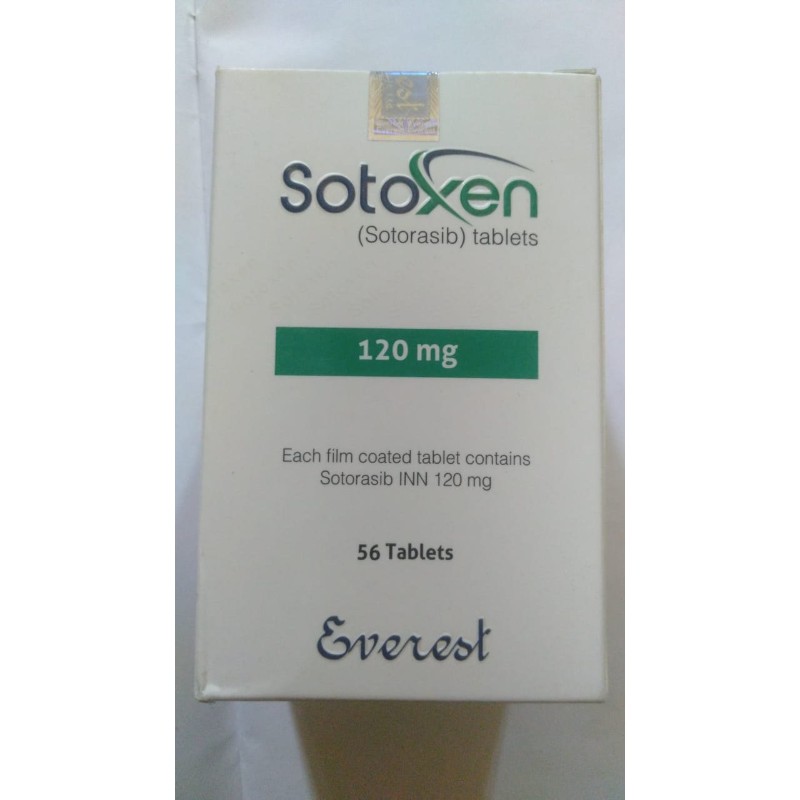
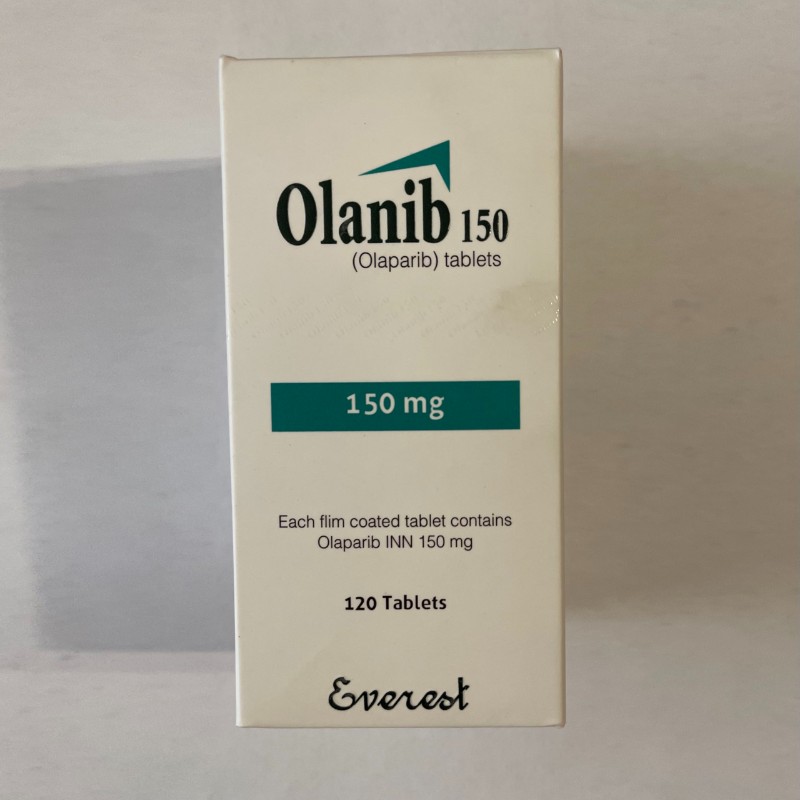
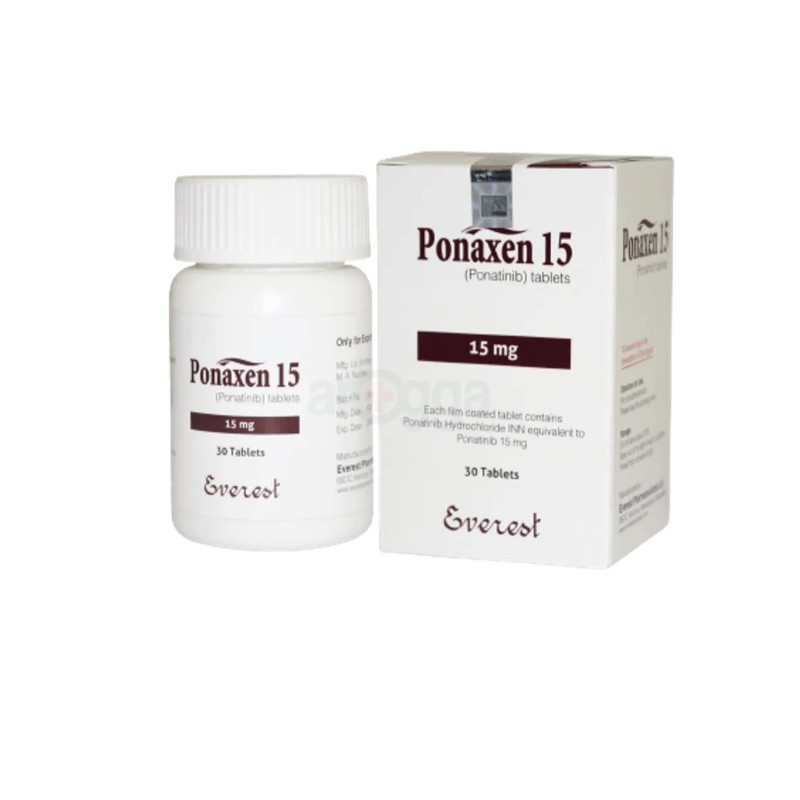
Reviews
There are no reviews yet.